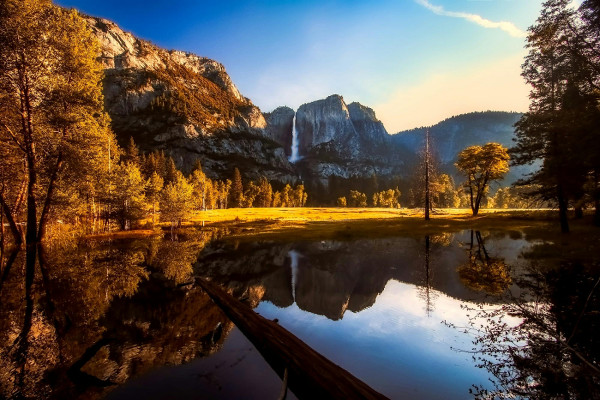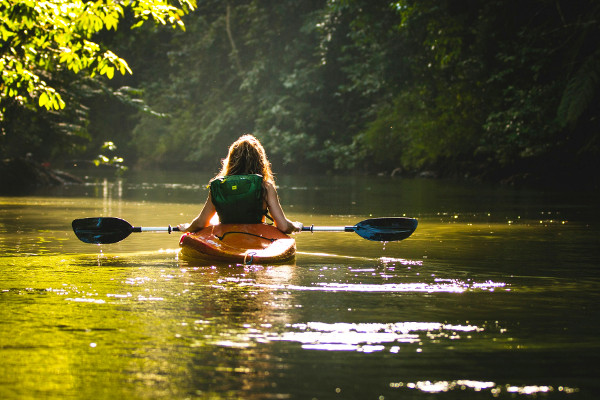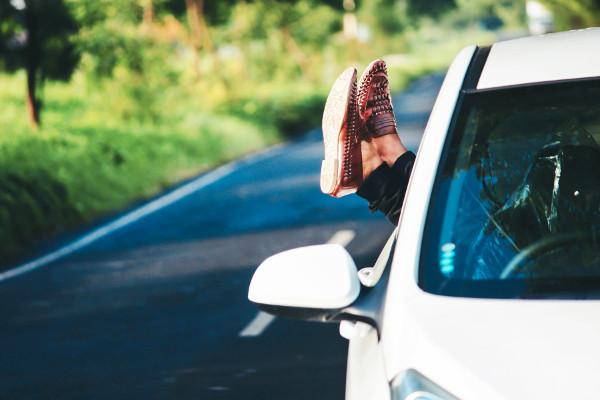How to Plan a Camping Weekend as a Total Beginner: Tips for a Smooth Outdoor Adventure
Planning a camping weekend can feel both exciting and overwhelming, but with the right approach, it’s all about making the most of the experience. Whether you’re a solo adventurer or bringing along family and friends, thoughtful preparation ensures a fun, safe, and stress-free time outdoors. From choosing the right campsite to mastering meal planning and understanding camping etiquette, this guide answers key questions to help you navigate the journey and embrace the natural world with confidence.
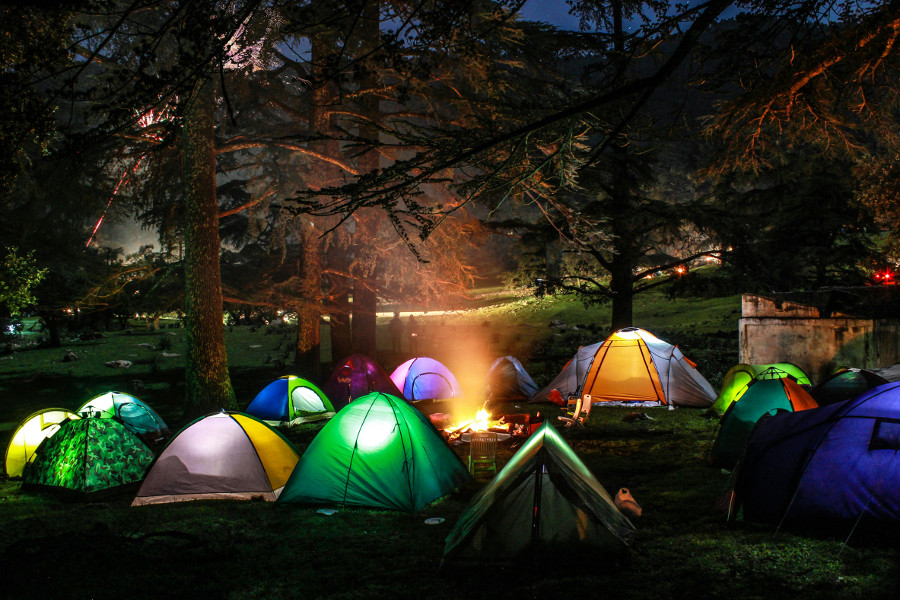
What type of campsite should I choose (primitive, car-camping, RV, backcountry, glamping)?
Choosing the right campsite is really about understanding what kind of experience you want. Primitive camping offers a raw connection with nature, with no amenities to distract you – it’s perfect if you want to truly unplug and embrace solitude. Car-camping, on the other hand, makes it easier to bring along more gear and comforts since you can park close by. If comfort and convenience are your priority, an RV site might be the way to go, complete with electricity and plumbing. For the adventurous souls, backcountry camping invites you to hike in and immerse yourself in untouched wilderness. And then there’s glamping, which blends the beauty of nature with cozy, often luxurious accommodations. It’s all about what makes you feel most at home under the open sky.
When is the best time to go camping (season, weather considerations)?
Timing your camping trip is a delicate dance with nature’s rhythms. Most people find late spring through early fall the sweet spot, when the weather tends to be warmer and the days longer, allowing more time to enjoy the outdoors. Summer brings lush landscapes but can also mean crowded campsites, so planning ahead helps. Spring and fall offer cooler temperatures and fewer bugs, but the weather can be unpredictable, urging you to pack layers and rain gear. Winter camping, while serene and beautiful, requires experience and special gear, so it’s usually best left to those comfortable with the cold. Ultimately, tuning in to local weather patterns and being prepared for sudden changes keeps the trip enjoyable.
Do I need to make a campsite reservation in advance?
Reserving a campsite ahead of time is often a wise step, especially during busy seasons or at popular parks. Campgrounds can fill up quickly, and arriving without a reservation can mean missing out, especially on weekends or holidays. Many sites offer online reservation systems that let you book months ahead, so you can secure your spot well before you pack your bags. Some campgrounds operate on a first-come, first-served basis, but arriving early is crucial in those cases. For backcountry camping, permits may be necessary and often require advance planning too. Making a reservation not only ensures peace of mind but also helps you focus on enjoying the trip rather than worrying about where to stay.
What essential gear do I need (tent, sleeping bag, cooking gear, lighting, first‑aid)?
Packing the right gear is the backbone of any good camping weekend. A sturdy tent, suited for the weather you expect, will be your shelter and sanctuary. A sleeping bag rated for the nighttime temperatures, paired with a sleeping pad, makes for restful sleep even under the stars. Cooking gear should be practical – a portable stove or grill, pots, pans, and utensils that are easy to clean. Don’t forget reliable lighting, like headlamps or lanterns, with spare batteries to navigate dark evenings. A thoughtfully stocked first-aid kit is indispensable, including basics like bandages and antiseptic. These essentials, combined with water containers, weather-appropriate clothing, and a good map, prepare you to embrace the wild with confidence and comfort.
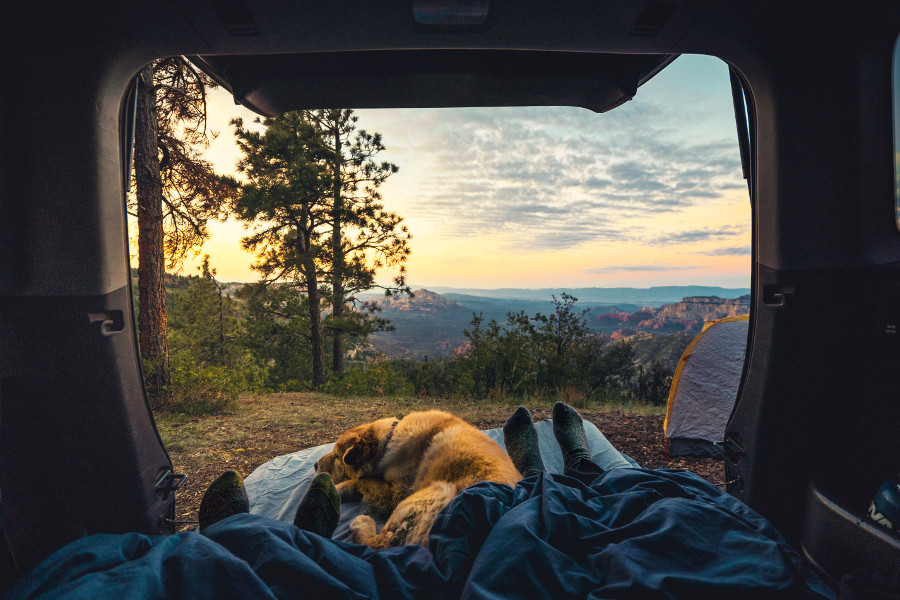
What kind of clothing should I pack for varying weather conditions?
When it comes to clothing, layering is your best friend. Starting with moisture-wicking base layers keeps you dry by moving sweat away from your skin. Adding insulating layers, like fleece or wool, helps you stay warm as temperatures drop, especially at night. A waterproof, windproof outer shell protects you from rain and chilly breezes, making outdoor adventures comfortable regardless of the elements. Even in summer, nights can get surprisingly cool, so pack a warm hat and gloves just in case. Avoid cotton because it holds moisture and chills you. Instead, opt for quick-drying fabrics, sturdy hiking shoes, and sun protection like hats and sunglasses. Being prepared with flexible clothing lets you adapt gracefully to whatever weather nature sends your way.
How should I plan and prep meals for the campsite?
Meal planning for camping is about simplicity and nourishment that fuels your outdoor adventures. Start by choosing meals that are easy to cook and clean up, like foil packet dinners or hearty soups. Preparing ingredients at home – chopping veggies, pre-cooking grains – saves time and hassle at the campsite. Keep your food organized in a cooler with ice packs, and pack meals in individual containers or bags labeled by day or mealtime to avoid digging through everything. Don’t forget snacks like trail mix or fruit to keep energy levels steady between meals. Bringing along some seasonings or condiments can elevate simple meals into memorable ones. Planning well means more time savoring nature and less time stressing over what’s for dinner.
What cooking equipment and tools are needed for campfire or stove cooking?
Whether you’re cooking over a campfire or using a portable stove, having the right tools makes all the difference. A compact camp stove with fuel is perfect for quick, controlled cooking, while a grill grate or skewers can enhance the fire cooking experience. Essential cookware includes pots and pans sturdy enough to handle open flames, plus utensils like spatulas, tongs, and stirring spoons. Don’t forget a sharp knife and a cutting board to prep ingredients safely. Plates, bowls, and reusable cutlery help keep waste down, along with a simple dishwashing kit using biodegradable soap. Aluminum foil comes in handy for cooking packets or wrapping leftovers. With the right gear, preparing meals under the stars becomes a joyful ritual.
What activities should I plan (hiking, fishing, stargazing, games)?
Camping invites you to reconnect with the rhythms of the natural world, so planning activities can enhance that experience. Hiking is a timeless choice, letting you explore trails and breathe in fresh air. If your campsite is near water, fishing or paddling can add peaceful moments and maybe a tasty catch. At night, stargazing offers a humbling glimpse of the universe, especially far from city lights – bring a star map or app to help identify constellations. For groups, simple games like frisbee, cards, or nature scavenger hunts keep spirits high and laughter flowing. You might also enjoy quiet time journaling or birdwatching. Leaving space for spontaneous discovery ensures your weekend feels balanced and fulfilling.
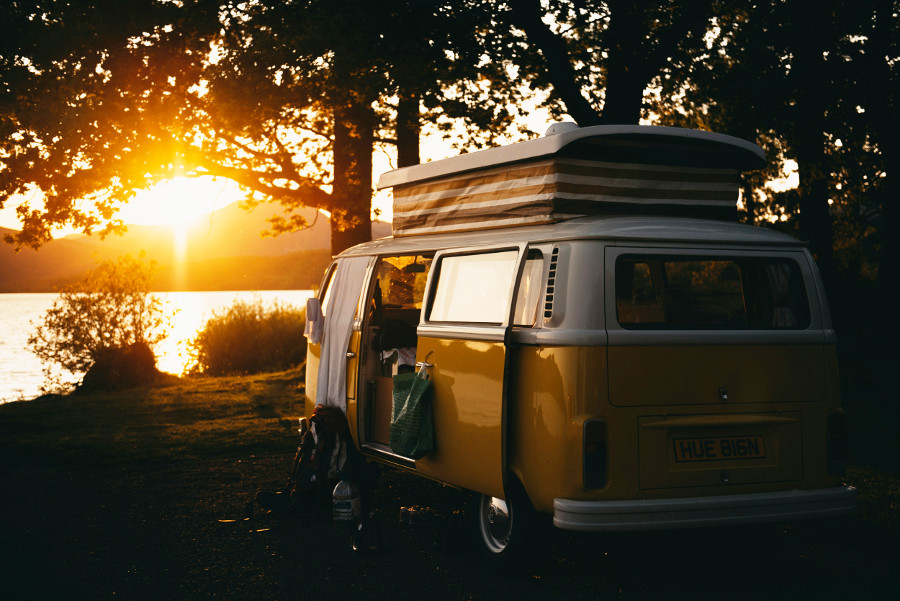
What safety and emergency items should I bring (weather, wildlife, first‑aid)?
Safety is a gentle guard that lets you relax and enjoy your adventure fully. A well-equipped first-aid kit is a must, stocked with bandages, antiseptics, tweezers, medications, and anything specific you might need. Always check weather forecasts and prepare for sudden shifts with layers and rain gear. Wildlife safety means storing food securely and understanding how to behave if you encounter animals – respecting their space protects both you and them. A reliable flashlight or headlamp with spare batteries, a whistle for signaling, and a map or GPS device can be lifesavers if you get disoriented. If you’re venturing far from help, a personal locator beacon might be worth considering. Letting someone know your plans before you go adds another layer of peace of mind.
How do I manage bathroom and hygiene facilities (Leave No Trace, cat‑hole)?
Taking care of bathroom and hygiene needs in nature is about respect – for the environment and fellow campers. When restrooms aren’t available, following Leave No Trace principles becomes essential. Dig a “cat-hole” about six to eight inches deep, well away from trails and water sources, to bury human waste discreetly. Use biodegradable toilet paper or pack it out in sealed bags to avoid litter. Hand sanitizer and biodegradable soap keep things clean without harming the earth. Wash yourself and your dishes at least 200 feet from any water source to protect fragile ecosystems. Properly managing hygiene helps preserve the natural beauty that draws us to camping in the first place, while ensuring a pleasant experience for everyone who follows.
What camping etiquette should I follow at a shared campsite?
Camping etiquette is about creating harmony between you, your neighbors, and the wild around you. Keeping noise levels down, especially early morning and late evening, shows consideration for others who want to enjoy the peacefulness. Respect boundaries by staying within your site and giving others their space. Follow all fire rules carefully – never leave a fire unattended and make sure it’s completely out before sleeping or leaving. Clean up thoroughly, pack out all trash, and don’t disturb plants or wildlife. If you have pets, keep them leashed and tidy up after them. Sharing communal areas kindly and respecting quiet hours helps everyone feel welcome and relaxed. Good manners in the outdoors preserve the spirit of camping for everyone.
Should I go solo, with friends, or family – and how do I coordinate gear, chores, and preferences?
Deciding whether to camp solo or with others depends on what you want from the experience. Solo trips offer quiet reflection and a deep connection with nature, but also require self-reliance. Camping with friends or family brings shared memories and safety in numbers, though it calls for good communication. Before you leave, discuss who’s bringing what gear to avoid duplicates and lighten everyone’s load. Dividing chores – like cooking, setting up tents, and gathering firewood – makes the workload fair and keeps spirits high. Listening to everyone’s preferences ensures meals and activities suit the group. Planning together turns the camping weekend into a team effort, where everyone’s contributions create a richer experience.
Here are a few useful links:
- Backpacker.com – A leading resource from *Outside Magazine* with gear reviews, trail guides, and expert hiking tips.
- r/CampingandHiking – A large, active community forum for real-world hiking and camping advice.
- r/camping - One of the most active general camping communities, focused on gear, cooking, seasonal tips, and trip storytelling.
- Camping.info - Your Guide to Camping in Europe
Enjoy your next camping adventure in nature.

